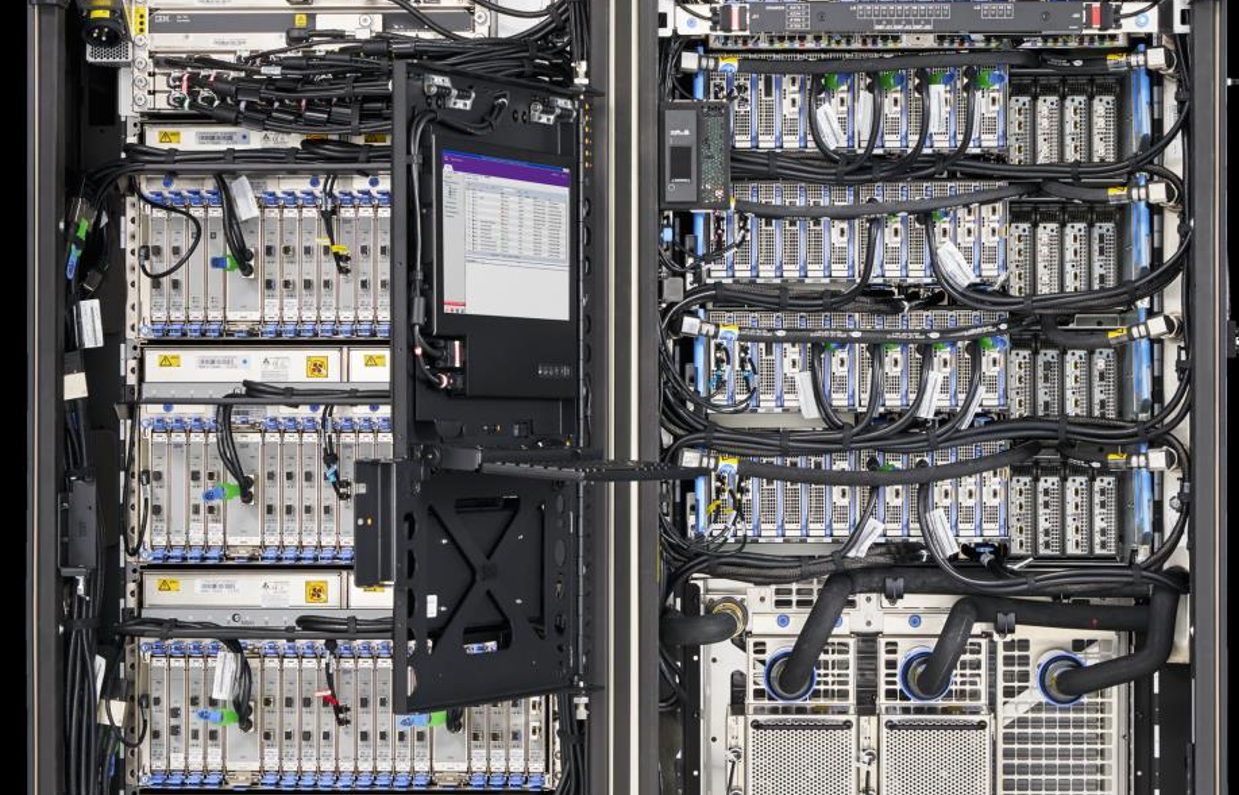MongoDB has added five new capabilities to its popular managed cloud database MongoDB Atlas, including vector search, which will help users looking to build generative AI and other modern data applications onto the platorm – which can run in 110 regions on AWS, Azure, or Google Cloud.
Vector search is a way of finding and retrieving data that uses vector similarity calculations rather than traditional keyword-based search. This opens up ways to query unstructured data including audio and video.
Among other additions to the cloud database announced today, it has also added the ability to support data streaming applications for those looking to build event-driven applications that react and respond in real-time, and the ability to use Kubernetes more efficiently via the MongoDB Atlas CLI – with simpler generation of security credentials and the ability to import existing MongoDB Atlas projects and deployments with a single command.
As Adrian Bridgwater reports separately for The Stack, the company has also taken a new application modernisation and database migration toolkit GA, as it aims to continue wooing enterprise customers off "legacy" databases that are unable to evolve with changing application demands.
MongoDB vector search in Atlas
Having vector search in MongoDB Atlas will also mean customers can “easily and securely augment the capabilities of pre-trained generative AI models with their own data to provide memory that creates more accurate and relevant results for specific domains or use cases” MongoDB said.
(As Ashok Reddy, CEO of KX, earlier put it: “The majority of information that exists is unstructured – text documents, social media feeds, chat streams, images and video files etc. – but if we ascribe vectors to this information we can start to manage it in new ways across all industries. Vectors enable us to go as granular as we need to for a given subject matter and list several hundred attributes for a chosen data object.”)
The move comes after DataStax’s move to bring vector search to its managed Apache Cassandra platform DataStax Astra DB this month.
The addition of vector search capabilities to both managed Cassandra and MongoDB platforms come as database providers move swiftly to support customers looking for a natural home for data-rich AI applications – and as data companies also look to pull applications closer to the data layer…

MongoDB Atlas: What else is new?
The addition of vector search to MongoDB Atlas was one of a flurry of announcements coming out of the company’s .local event in New York.
It comes on the back of impressively consistent growth for MongoDB – which on June 1 reported Q1 2024 revenues of $368.3 million, up 29% year-on-year and the most net new customer additions in over two years.
Among other updates for customers were the addition of:
- MongoDB Atlas Search nodes that provide dedicated infrastructure for search so customers can scale independently of their database to manage unpredictable spikes and high-throughput workloads
- MongoDB Atlas Stream processing
- MongoDB Atlas Time Series collections
- Azure blob storage support for MongoDB Atlas Online Archive
CEO Dev Ittycheria said the new features meant MongoDB was “supporting not only customers who are just getting started, but also customers who have the most demanding requirements for functionality, performance, scale, and flexibility so they can unleash the power of software and data to build advanced applications to transform their businesses.”
MongoDB now has over 43,100 customers in 100+ countries.





